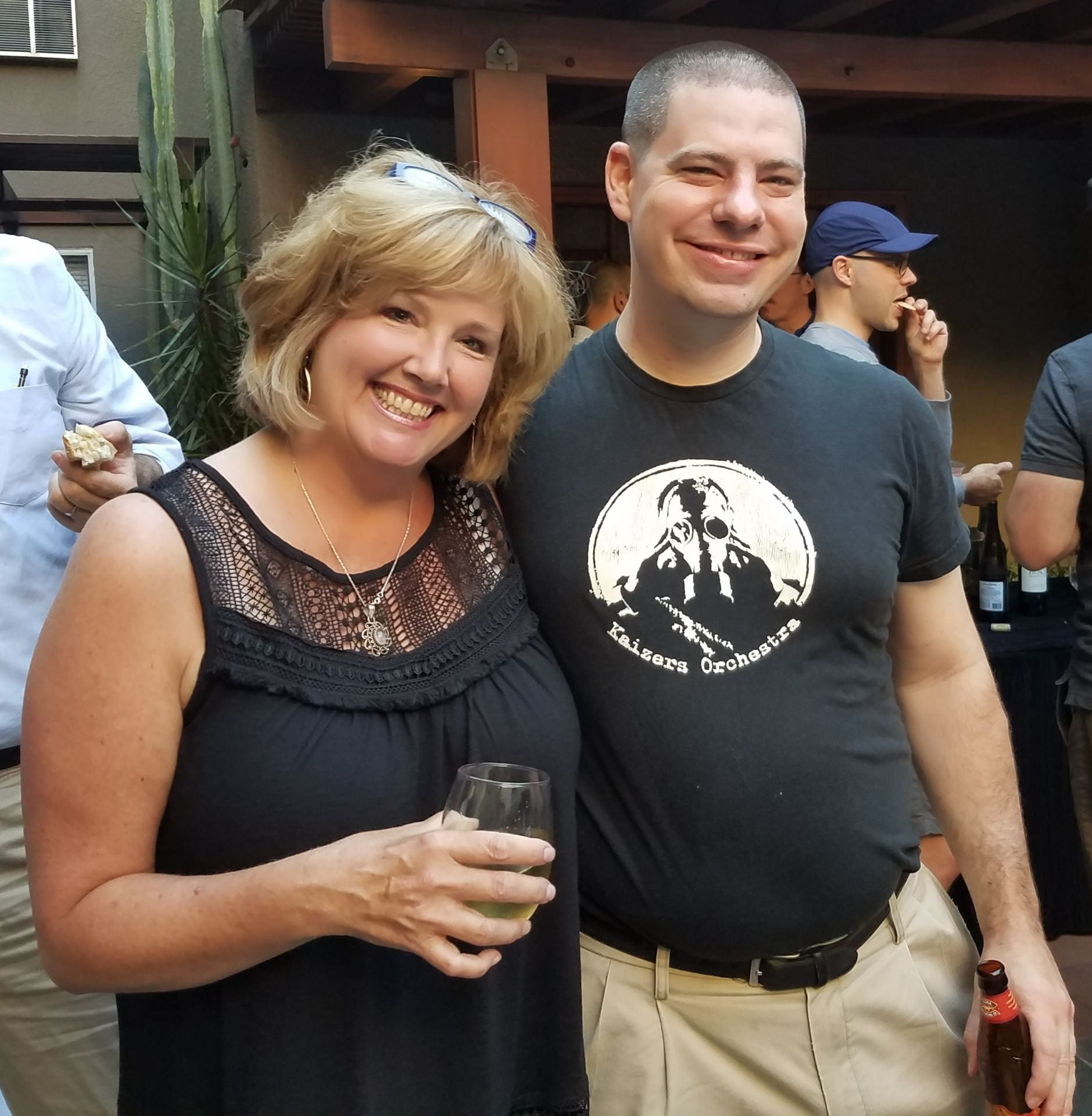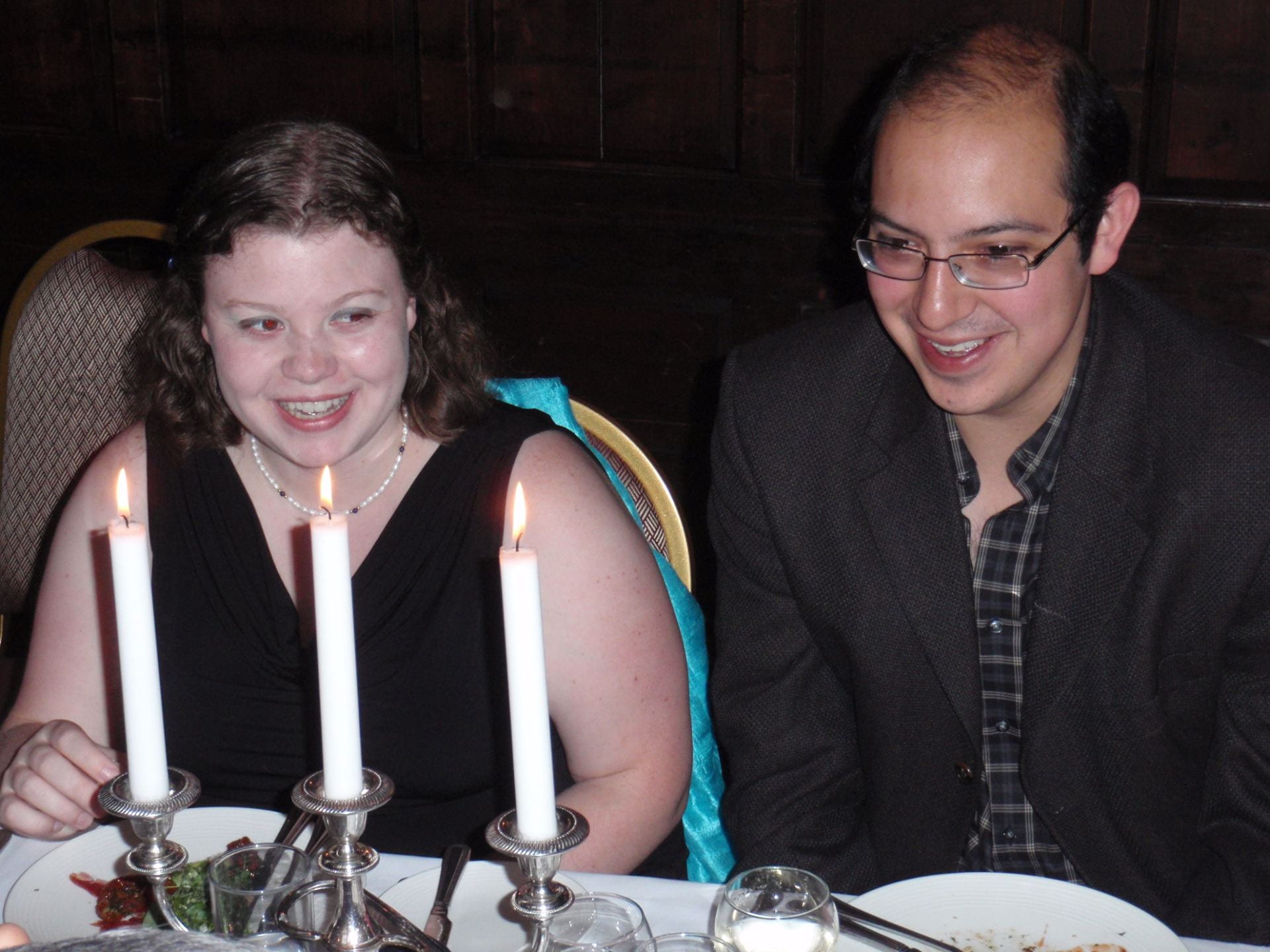When
July 4 – July 30, 2022
Where
The Ohio State University

“In my career, this NEH seminar was a uniquely enriching experience that has continued since to be a major influence on my scholarship and teaching. The superb design of the program made the six weeks continuously invigorating, with seminar discussions, museum and library tours, and rare book workshops alternating with substantial personal research time so that new ideas and leads could be almost immediately pursued and new discoveries could be almost immediately shared. By this means my own and others’ projects were taken in sometimes surprising but always fruitful directions, and the seeds of future projects were planted. I cannot strongly enough recommend this summer seminar.”
J. Christopher Warner
Professor of English
Le Moyne College, Syracuse, NY

“Mark Rankin’s NEH 2017 seminar, ‘The Formation and Re-Formation of the Book: 1450-1650,’ introduced me to the field of book history with foundational readings, a wealth of resources and rare books, and provocative discussions with collegial seminar members. Mark is an excellent mentor: deeply knowledgeable, collaborative, and nurturing. He set the tone for a rich and meaningful experience that gave me the background to run my own seminar on book history, edit a collection of essays, and redirect my work to engage with this rich and fascinating field of study. His seminars are first-rate and enlightening.”
Valerie Wayne
Emerita Professor of English
University of Hawaiʻi at Mānoa

“A great deal has changed since I wrote a dissertation relying on facsimile editions, fuzzy photocopies, and microfilm! The NEH seminar on Tudor Books and readers renewed and rekindled my interest in using original texts in my scholarship and in my classrooms. (I will have to wait until the end of the term to find out if my Shakespeare students agree.) The seminar gave me an unparalleled opportunity to experience communal scholarship and offered access to libraries and resources I will value for the rest of my career.”
Bob De Smith
Professor of English
Dordt College, Sioux Center, IA

“Mark Rankin and John King’s 2017 Huntington seminar, ‘The Formation and Reformation of the Book’ was a pivotal experience for me as a researcher and teacher. The generosity of spirit that Rankin and King brought to each seminar session allowed us as a seminar to coalesce our diverse areas of interest into a collective astonishment and curiosity that our leaders focused through an incredible procession of early printed books. My research into early cosmographic work was carried forward very well through our conversations as well as the Huntington’s remarkable collections. Moreover, the seminar’s central interest in the religious implications of the Reformation on print technologies has led me to teach courses newly attuned not only to print culture, but also to Reformation politics. I couldn’t have asked for a stronger frame or more adept leaders. Every part of the seminar sparkles in my memory, and continues to illuminate my present work.”
Jason Cohen
Associate Professor of English
Berea College

“The depth and breadth of Mark’s learning, and his generosity of sharing that expertise, made this seminar a significant enrichment for my Early Modern literature classes—and jump-started several critical works of my own. Our 2017 seminar at the Huntington deepened my understanding of not only the kind of texts that are out there, but also how the history of book mechanics alters our reading of the books themselves. Also noteworthy is how Mark fostered a warm and cooperative spirit in the seminar. It was downright pleasurable meeting and working with a diverse group of professors who were able under Mark’s example to cohere and enjoy one another.”
Stephen Mead
Professor of English
St. Martin’s University, Lacey, WA

“The Formation and Reformation of the Book afforded my first opportunity to do extensive work with early books, and the seminar meetings were instrumental in shaping my recently completed article as well as sowing the seeds for several future projects. Mark and John’s work to transform the seminar into an intellectual community through their collegiality, choices for communal readings, and exhibitions paid dividends in my intellectual life by facilitating conversations that capitalized on the expertise of all participants. A real strength of this seminar was the way it facilitated cross-disciplinary conversations and in so doing brought fresh perspectives into my research and teaching about early books.”
David Clark
Assistant Professor of English
Suffolk County Community College, Selden, NY

“The 2014 Tudor Books and Readers seminar with Mark and John was a transformative experience. It deepened my own research and current book project on Tudor Reformation literature, and provided a new language, spirit, and set of strategies for introducing the materiality of the early English book to my own students in turn. Quite simply, I left a better early modern scholar.”
Joel M. Dodson
Assistant Professor of English
Southern Connecticut State University

“The greatest benefit by far of the 2014 NEH Summer Seminar was what the program added to my knowledge, from the remarkably useful and well-ordered readings we were asked to complete before the seminar to our discussions of those readings throughout our time together, wonderfully supplemented by weekly exhibits of beautiful old books and time spent alone with our own research. To gather each day with bibliophiles for whom a vacation among incunabula is about as close to paradise as a bookworm can reach in this world was a deeply memorable joy, and as richly educational as one could possibly hope.”
Jay Curlin
Kathryn Maddox Professor of English
Ouachita Baptist University, Arkadelphia, AK

“When I was invited to participate in this seminar, I was delighted at the opportunity to work with rare books, visit research libraries (the Bodleian, British Library and several Oxford libraries), and learn about late medieval manuscripts and early printing (at the Printing Museum in Antwerp and elsewhere). However, on top of all these benefits lay the added bonus of being in conversation with other scholars who had overlapping but not identical interests. The experience of visiting these sites with colleagues from around the country deepened my understanding of what I was seeing, while the readings and group discussions provided a framework for future considerations of these unique materials.”
Matthew Heintzelman
Curator of the Austria/Germany Study Center
Hill Museum & Manuscript Library
St. John’s University, Collegeville, MN

Margaret Roland
Chair, English Literature and Writing Department
Marylhurst University, Marylhurst, OR

“This seminar was one of the highlights of my scholarly life thus far. Inasmuch as the seminar required a great deal of physical and intellectual energy, it gave back tenfold. Having just completed a monograph that was in press, I was perfectly situated to conduct new research for a second volume and was also particularly fortunate in finding an overlooked manuscript that is the subject of an article in progress. Using the visual and textual riches from the seminar in my classroom has made my students even more curious about the conceptual and technological revolutions around reading and the dissemination of knowledge in our own age as well.”
Heather L. Meakin
Assistant Professor of English
University of South Florida

“Studying early book production and reception as a member of the “Tudor books and Readers” seminar has helped me directly in the classroom and with current research. The work I undertook in the seminar on Stephen Hawes and John Skelton, for instance, has come to form key sections in two chapters of my study of classicism in late medieval and early modern literature. And the opportunity to study early printed books and book production in Antwerp and England is proving invaluable in my courses on the history of the book, reading, and book production as I introduce aspects of early modern European book culture to my upper mid-western American students. I anticipate the work of the seminar will continue to shape my teaching and research for years to come.”
Bill Hodapp
Professor of English
The College of St. Scholastica, Duluth, MN
This program is sponsored by The Ohio State University with support from James Madison University and the National Endowment for the Humanities. For further information concerning programs funded by NEH, consult http://www.neh.gov/. Any views, findings, conclusions, or recommendations expressed in this program do not necessarily represent those of the National Endowment for the Humanities. Depending on public-health guidelines related to COVID-19, plans for a residential offering are subject to change.



